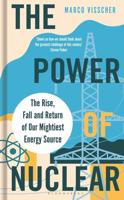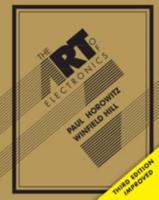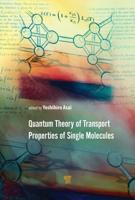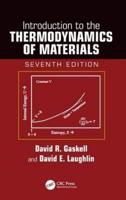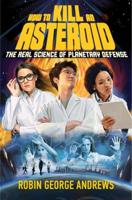Publisher's Synopsis
Renewable energy has great significance for the world's future, given the environmental issues related to energy generation and energy's importance in our society. Making wise energy choices is not easy, however. It involves balanced consideration of economic, environmental, technical, political, and other perspectives to weigh the relative costs and benefits for a host of possible technologies. Renewable Energy: A First Course is an accessible textbook for science and engineering students who want a well-balanced introduction to the science, technologies, economics, and policies related to energy choices.
How Does Renewable Energy Work? Science, Technologies, Economics, and Key Policy Issues
The book delves into all forms of renewable energy, from biofuels and geothermal energy to wind, hydro, and solar power. It also discusses nuclear power and fossil fuels, allowing readers to compare and evaluate the advantages and shortcomings of renewable energy. In addition, the book explores four overarching topics that go beyond a specific type of energy, namely, energy conservation, energy storage, energy transmission, and energy policy, and examines the important issue of climate change.
A Broad Introduction for Science and Engineering Students
Requiring only a basic background in physics and calculus, the book avoids technical jargon and advanced mathematical approaches to focus on the basic principles of renewable energy. Throughout, a wealth of illustrations and real-world examples make the concepts more concrete. Designed for a one- or two-semester course, this book takes a broad approach that addresses the need for diversity in any nation's energy portfolio.



